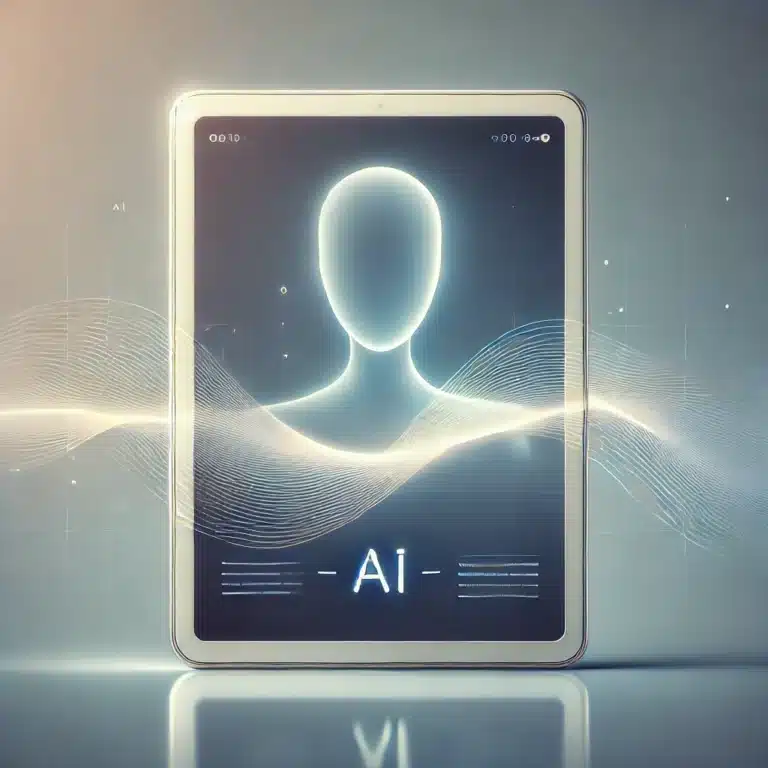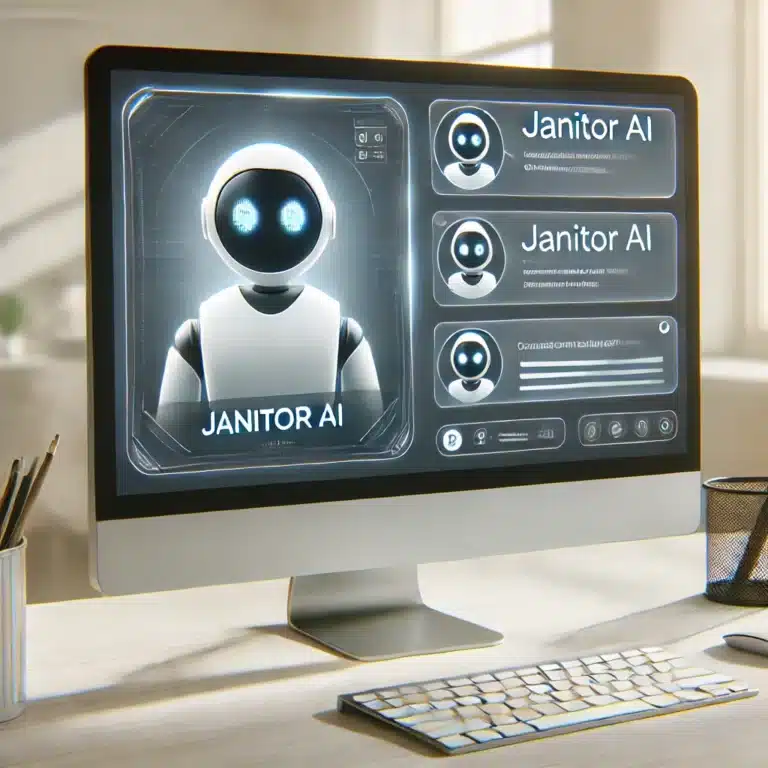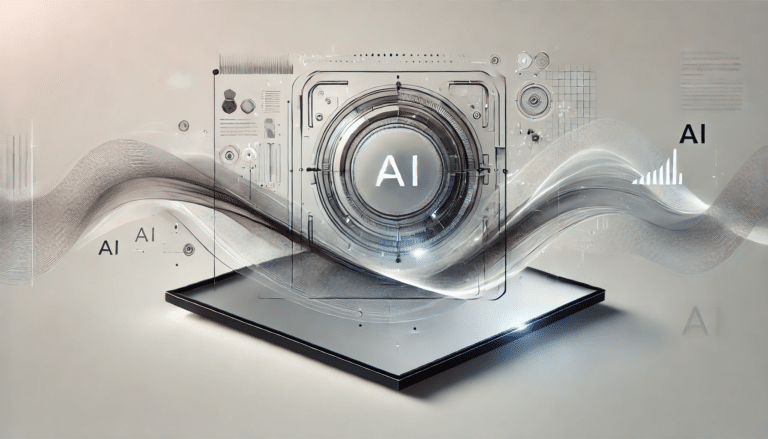Introduction
Artificial Intelligence (AI) is transforming industries at an unprecedented pace, and software development is no exception. In fact, a 2023 study found that 92% of developers already use AI-powered coding tools to assist with tasks like code generation, debugging, and optimization. While these tools can significantly increase efficiency, they also raise ethical concerns—particularly regarding plagiarism, intellectual property, and security risks.
This has sparked a major debate: Is AI coding unethical? Are we heading toward a future where AI completely replaces human programmers, or is AI simply a tool that enhances productivity?
In this article, we’ll explore the ethical dilemmas surrounding AI-generated code, its impact on industries like AI medical coding, and whether developers should be worried about job security. We’ll also discuss which AI is best for coding and how programmers can future-proof their careers in an AI-driven world.
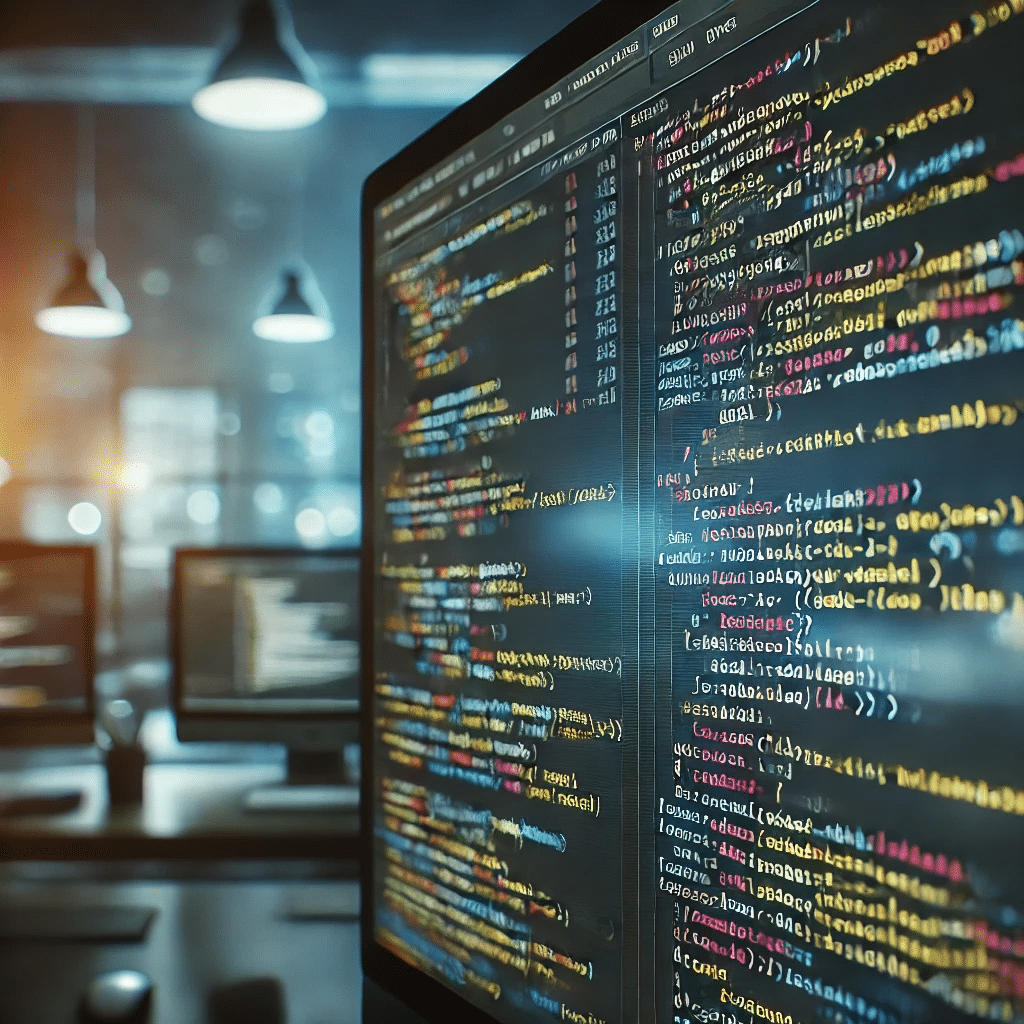
Is AI Coding Unethical?
The question “is AI coding unethical?” depends on how AI is used and the ethical dilemmas it presents.
Ethical Concerns of AI-Generated Code
One major concern is that AI-generated code is built on existing human-created programming data. If an AI model generates code similar to copyrighted or proprietary software, who owns the rights? This issue creates legal and ethical complications that have yet to be fully addressed.
Copyright and Intellectual Property Issues
AI models are trained on publicly available code, but this raises concerns about plagiarism and copyright infringement. If AI generates code snippets that closely resemble existing work, should developers be required to credit the original authors? This remains a gray area in AI ethics.
AI Bias and Fairness in Coding
AI models inherit biases from their training data. If AI coding tools rely on biased datasets, they may unintentionally produce code that reinforces existing inequalities, such as gender-biased hiring algorithms or security vulnerabilities. Addressing these biases is crucial for ethical AI coding.
While AI has its risks, it’s also proving to be incredibly useful in specialized fields like AI medical coding, where it enhances efficiency and accuracy.
AI Medical Coding – How It Differs
Medical coding is a crucial part of healthcare, converting patient information into standardized codes for billing and record-keeping. AI is making a significant impact in this area.
AI Used in Medical Coding Increasing Productivity
AI medical coding streamlines the coding process, reducing human errors and accelerating workflows. AI used in medical coding increasing productivity means that hospitals and insurance companies can process claims faster, leading to quicker reimbursements and improved patient care.
Ethical Challenges in AI-Driven Medical Coding
Despite its efficiency, AI medical coding presents ethical challenges:
- Patient data privacy – AI must be carefully monitored to avoid mishandling sensitive medical records.
- Accuracy concerns – Incorrect AI-generated codes could lead to insurance denials or billing errors.
Ensuring Accuracy and Compliance in Healthcare AI Coding
To address these concerns, healthcare organizations must:
- Implement rigorous validation and error-checking protocols.
- Ensure compliance with HIPAA and other data protection laws.
- Use AI as a supporting tool rather than replacing human medical coders entirely.
AI is a game-changer in healthcare, but what about software development in general? How do developers choose which AI is best for coding?
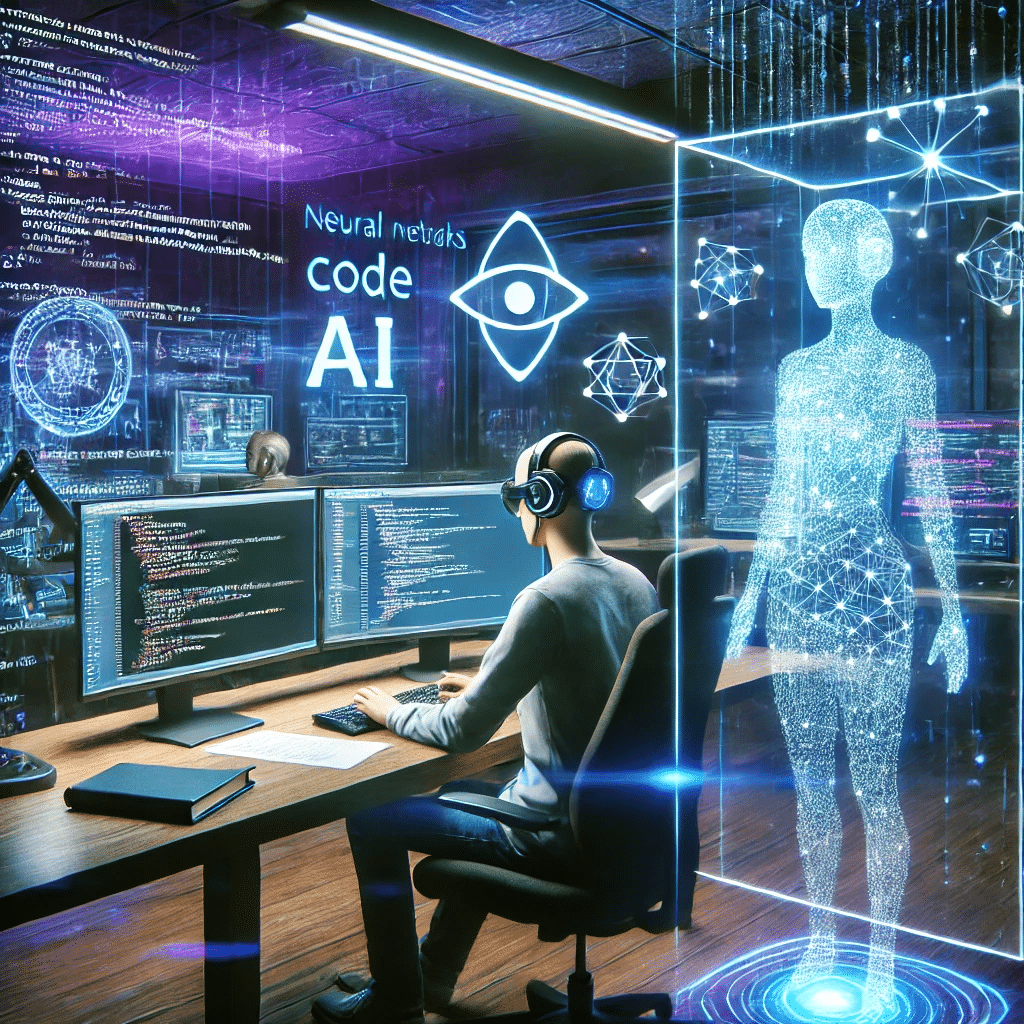
Which AI is Best for Coding?
With multiple AI coding assistants available, developers often wonder which AI is best for coding. The answer depends on factors like experience level, coding language, and the type of project.
With multiple AI coding assistants available, developers often wonder which AI is best for coding. The answer depends on factors like experience level, coding language, and the type of project.
Popular AI Coding Assistants: ChatGPT, Copilot, and More
- GitHub Copilot – Best for integrating AI into coding environments like VS Code.
- ChatGPT (OpenAI) – Versatile for generating explanations and troubleshooting code.
- CodeWhisperer (Amazon) – Great for AWS development and cloud-based projects.
- Tabnine – Focuses on privacy and local AI-driven code completion.
Strengths and Weaknesses of AI Code Generators
AI Tool | Strengths | Weaknesses |
Copilot | Seamless integration with IDEs | Requires a GitHub subscription |
ChatGPT | Excellent for explaining concepts | Cannot run or test code |
CodeWhisperer | Optimized for AWS projects | Limited to Amazon’s ecosystem |
Tabnine | Works offline for privacy | Less powerful than Copilot |
Choosing the Right AI for Your Coding Needs
When choosing an AI coding assistant, consider:
- Your programming language – Some AIs specialize in Python, others in JavaScript or C++.
- Your security needs – Open-source AI models may pose risks in enterprise environments.
- Your workflow – Do you need an AI to suggest code, debug errors, or optimize performance?
AI is clearly here to stay in software development, but does this mean coding will be replaced by AI?
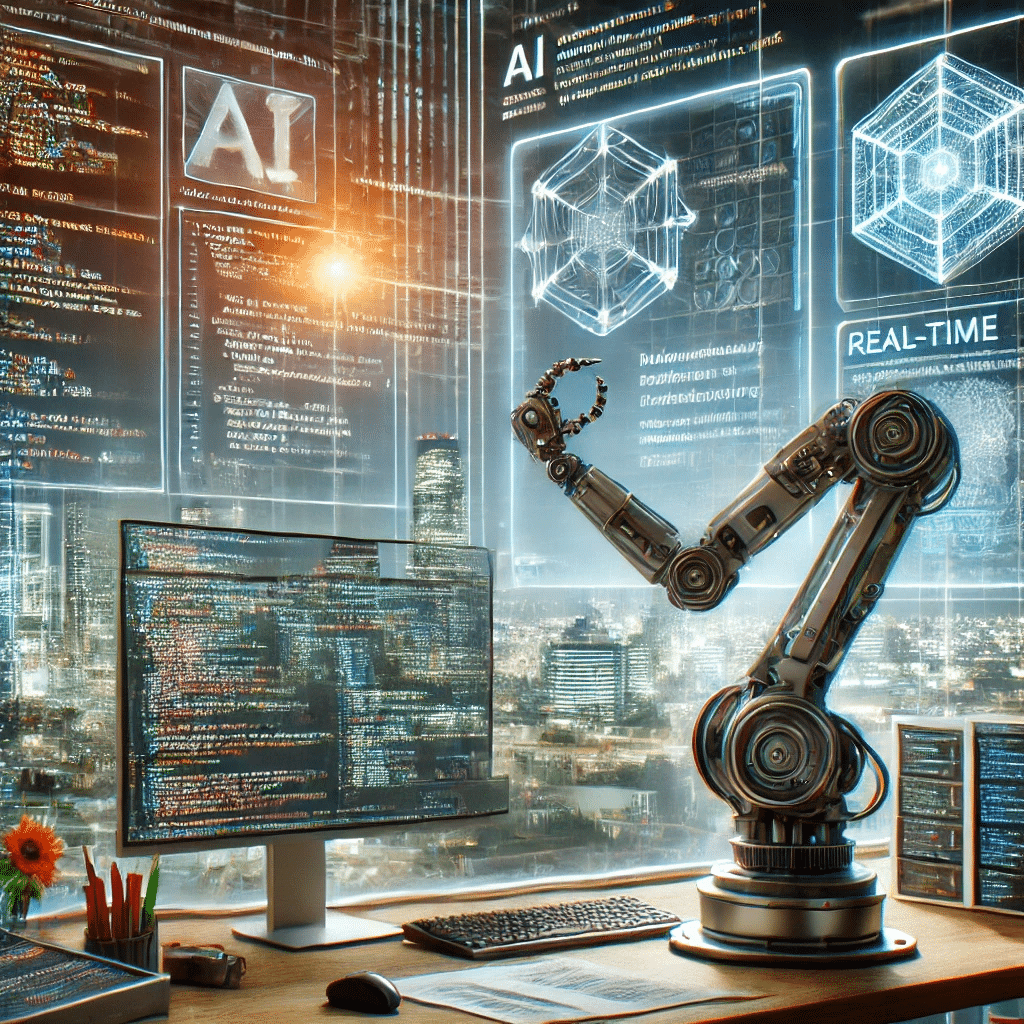
Will Coding Be Replaced by AI?
A common fear among developers is whether AI will take over their jobs. The short answer? No, AI will not replace programmers—but it will change how they work.
The Future of AI in Software Development
AI is automating many coding tasks, but it lacks creativity, critical thinking, and contextual understanding. AI-generated code often requires human oversight to ensure quality and functionality.
AI as a Collaborative Tool vs. Replacement
Instead of replacing developers, AI is becoming a collaborative assistant, helping programmers:
- Write code faster by automating repetitive tasks.
- Detect errors with AI-powered debugging.
- Optimize performance by analyzing existing code and suggesting improvements.
How Developers Can Future-Proof Their Careers
To stay ahead in an AI-driven coding world, developers should:
- Keep learning – Stay updated with new programming trends and AI advancements.
- Use AI responsibly – Understand its strengths and limitations.
- Build problem-solving skills – AI can generate code, but humans are needed to solve complex challenges.
Conclusion
AI is rapidly transforming software development, with 92% of developers using AI-powered coding tools, according to GitHub’s 2023 developer survey. These tools enhance productivity, automate repetitive tasks, and optimize code quality. However, ethical concerns remain, particularly regarding intellectual property rights, AI bias, and security vulnerabilities.
In specialized fields like AI medical coding, AI is proving invaluable by increasing productivity and improving accuracy. At the same time, concerns over data privacy and compliance highlight the need for responsible AI implementation.
So, will coding be replaced by AI? The answer is no—at least not entirely. While AI can assist in writing and debugging code, it lacks creativity, critical thinking, and contextual understanding. Instead of replacing developers, AI will continue to serve as a powerful tool, helping programmers streamline workflows, detect errors, and optimize performance.
Ultimately, the ethical implications of AI coding depend on how it is used. By choosing which AI is best for coding, maintaining transparency, and combining human expertise with AI efficiency, developers can leverage AI responsibly. The future of coding isn’t about AI replacing humans—it’s about humans and AI working together to build better, more intelligent software.
